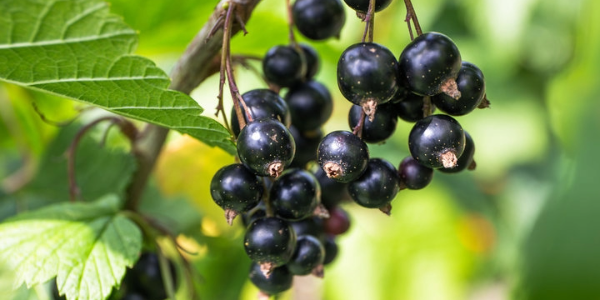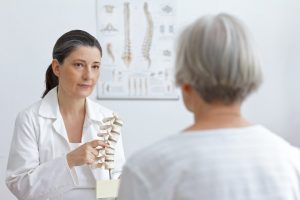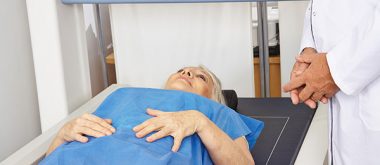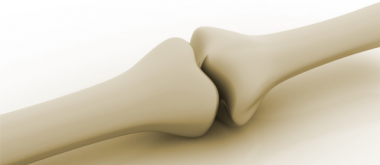As we age, our bones lose density and become more brittle, making us more prone to breaks and fractures. This is especially a problem for postmenopausal women, as they typically experience a much greater loss of bone density than men in their age group. A new study has found that taking blackcurrant supplements can alleviate a variety of ailments, including bone loss.
Ock Chun, a professor of nutritional sciences at UConn’s College of Agriculture, Health and Natural Resources (CAHNR), has been working with blackcurrants, a tart berry, for years, studying their potential to alleviate a variety of conditions, including bone loss and osteoporosis after menopause. Chun previously led a study that found blackcurrant supplements helped prevent postmenopausal bone loss in mice. This study showed that the best time for intervention is at the transition between menopause and postmenopause, before bone loss has significantly progressed.
With this knowledge, Chun and her team sought to determine whether it could be extrapolated to the human population. They recently published their findings demonstrating blackcurrant’s protective effect against bone density loss in the Journal of Nutritional Biochemistry. The group includes Briana Nosal, a doctoral candidate in nutrition science who is the first author of the article, Staci Thornton, a postdoctoral fellow in exercise science, Elaine Choung-Hee Lee, a professor of exercise science, and researchers from UConn Health and the Jackson Laboratory for Genomic Medicine.
Currants Prevent a Decrease in Bone Density
40 participants in peri- and early postmenopausal age between 45 and 60 years took capsules with blackcurrant powder daily for six months. The participants were randomly assigned to take either one capsule, two capsules, or a placebo. Each capsule contained 392 milligrams. The researchers found that the supplements prevented loss of bone mineral density throughout the body. The group taking two capsules even showed an overall increase in bone mineral density at the end of the six-month trial period. The researchers looked at changes in the gut microbiome and immune system, which together play a key role in bone metabolism. They found that the blackcurrant supplements reduced the concentrations of the proteins interleukin-1-beta and RANKL. Interleukin-1-beta stimulates the expression of RANKL, which leads to bone resorption and thus a decrease in bone density. Reducing RANKL is important because it can cause excessive bone resorption, so according to the researchers, a reduction should be sought.
This study showed that the decrease in RANKL was directly correlated with an increase in whole-body bone density after six months. Taking the supplements also increased the number of Ruminococcus 2 bacteria found in the gut microbiome. This led the researchers to believe that this could be one of the bacteria driving blackcurrant’s protective effect on bones. “Everything is interconnected, and there is a lot of research showing that the gut can regulate various systems in the body,” says Nosal.
Preventing Osteoporosis After Menopause
These bacteria help break down polysaccharides and dietary fiber. This is a key function in converting the food we eat into available energy that our bodies can use. The researchers identified a total of four proteins that were more highly expressed in the group that took two dietary supplements. These could serve as potential biomarkers for the observed changes in bone density, allowing researchers or medical professionals to quickly and easily assess whether blackcurrant supplementation promotes bone density.
This study is especially important for women in peri- and early post-menopause who have or are at risk for osteoporosis. Although there are medications for osteoporosis, patient compliance with medical treatment is low due to side effects. If blackcurrant dietary supplements can improve bone density without the same side effects, it could provide an effective alternative for this population and help prevent osteoporosis in postmenopausal women. As the group continues to explore the relationship between blackcurrants and their benefits for the body, they will conduct additional studies to better understand why these particular results are being shown.






